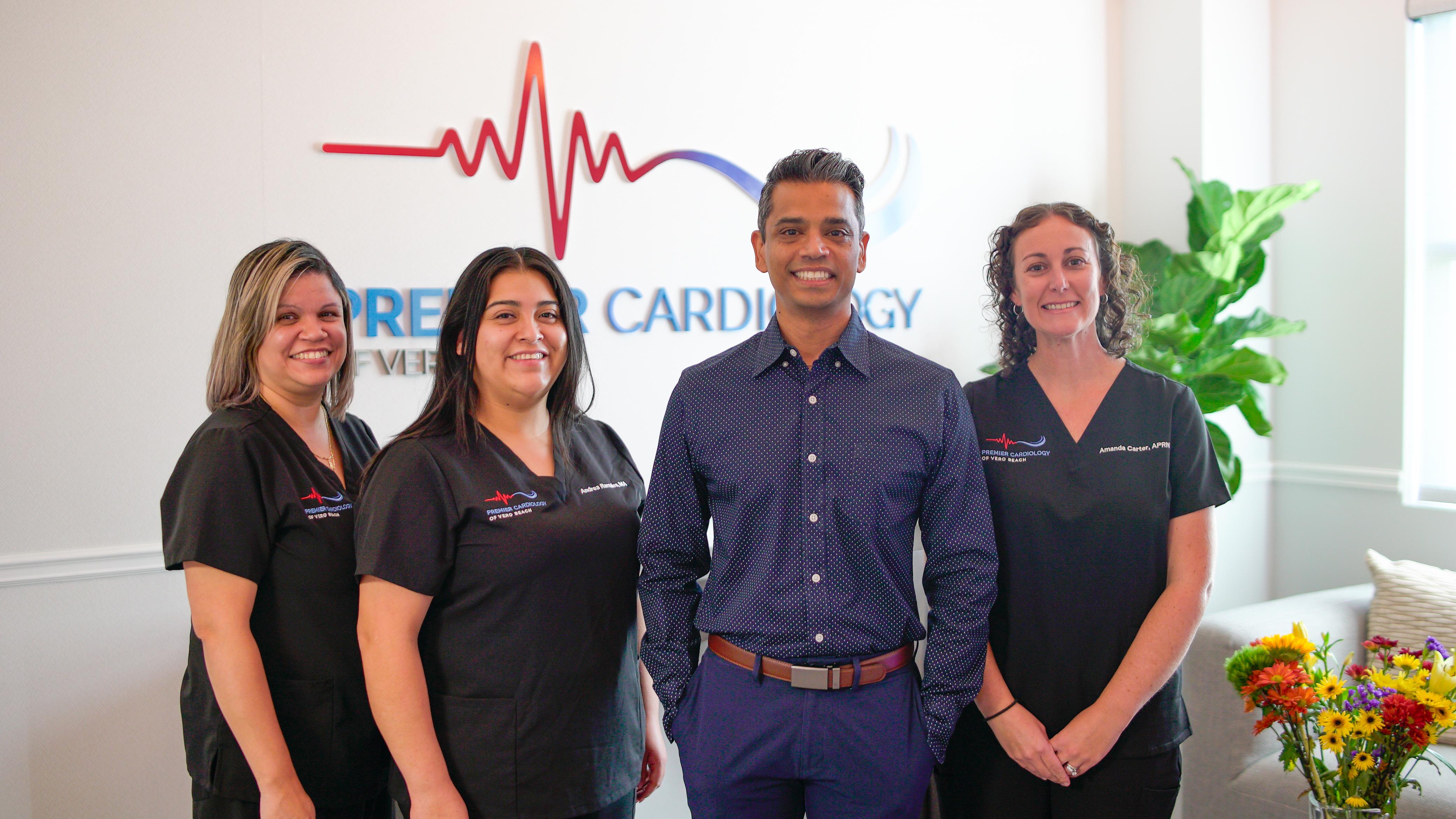 Atrial arrhythmias are irregular heart rhythms that originate in the upper chambers of the heart, known as the atria. These conditions can lead to symptoms such as palpitations, dizziness, chest discomfort, and even more serious complications like stroke. Medications play a crucial role in managing atrial arrhythmias and can help control heart rate, restore normal heart rhythm, and prevent complications. Here are the top 5 medications commonly used for the treatment of atrial arrhythmias:
Atrial arrhythmias are irregular heart rhythms that originate in the upper chambers of the heart, known as the atria. These conditions can lead to symptoms such as palpitations, dizziness, chest discomfort, and even more serious complications like stroke. Medications play a crucial role in managing atrial arrhythmias and can help control heart rate, restore normal heart rhythm, and prevent complications. Here are the top 5 medications commonly used for the treatment of atrial arrhythmias:
1. Beta-Blockers
How They Work:
Beta-blockers are a class of medications that work by blocking the effects of stress hormones like adrenaline on the heart. By doing so, they help slow down the heart rate, reduce blood pressure, and decrease the workload on the heart. If you are looking for atrial arrhythmia treatment, you may visit Premier Cardiology of Vero Beach.
Commonly Prescribed Beta-Blockers for Atrial Arrhythmias:
- Metoprolol (Lopressor, Toprol XL)
- Atenolol (Tenormin)
- Propranolol (Inderal)
Potential Side Effects:
- Fatigue
- Dizziness
- Cold hands and feet
- Bradycardia (slow heart rate)
2. Calcium Channel Blockers
How They Work:
Calcium channel blockers are another class of medications that help relax blood vessels and reduce the heart's workload. They achieve this by blocking the entry of calcium into the muscle cells of the heart and blood vessels, leading to decreased heart rate and improved blood flow.
Commonly Prescribed Calcium Channel Blockers for Atrial Arrhythmias:
- Diltiazem (Cardizem)
- Verapamil (Calan)
Potential Side Effects:
- Constipation
- Headache
- Low blood pressure
3. Antiarrhythmic Drugs
How They Work:
Antiarrhythmic drugs are a diverse group of medications that help regulate the heart's electrical activity and restore normal heart rhythm. They act by interfering with the electrical signals in the heart, helping to prevent or control atrial arrhythmias.
Commonly Prescribed Antiarrhythmic Drugs for Atrial Arrhythmias:
- Amiodarone (Pacerone)
- Flecainide (Tambocor)
- Sotalol (Betapace)
Potential Side Effects:
- Nausea
- Fatigue
- Visual disturbances
- Heart rhythm disturbances (proarrhythmia)
4. Blood Thinners (Anticoagulants)
How They Work:
Patients with atrial arrhythmias, particularly atrial fibrillation, are at an increased risk of blood clots forming in the heart's chambers. Blood thinners, or anticoagulants, are prescribed to reduce this risk by preventing the formation of blood clots that could lead to stroke or other serious complications.
Commonly Prescribed Blood Thinners for Atrial Arrhythmias:
- Warfarin (Coumadin)
- Dabigatran (Pradaxa)
- Rivaroxaban (Xarelto)
Potential Side Effects:
- Bleeding
- Easy bruising
- Abdominal pain
5. Digoxin
How It Works:
Digoxin is a medication that helps slow down the heart rate in patients with atrial fibrillation by increasing the strength of the heart's contractions. It can also help reduce symptoms such as fatigue and shortness of breath associated with atrial arrhythmias.
Commonly Prescribed Digoxin for Atrial Arrhythmias:
- Digoxin (Lanoxin)
Potential Side Effects:
- Nausea
- Headache
- Visual disturbances
It is important to note that the choice of medication for atrial arrhythmias will depend on various factors, including the type of arrhythmia, the patient's overall health, and any other medications they may be taking. Always consult with a healthcare provider to determine the most appropriate treatment plan for individual needs.
